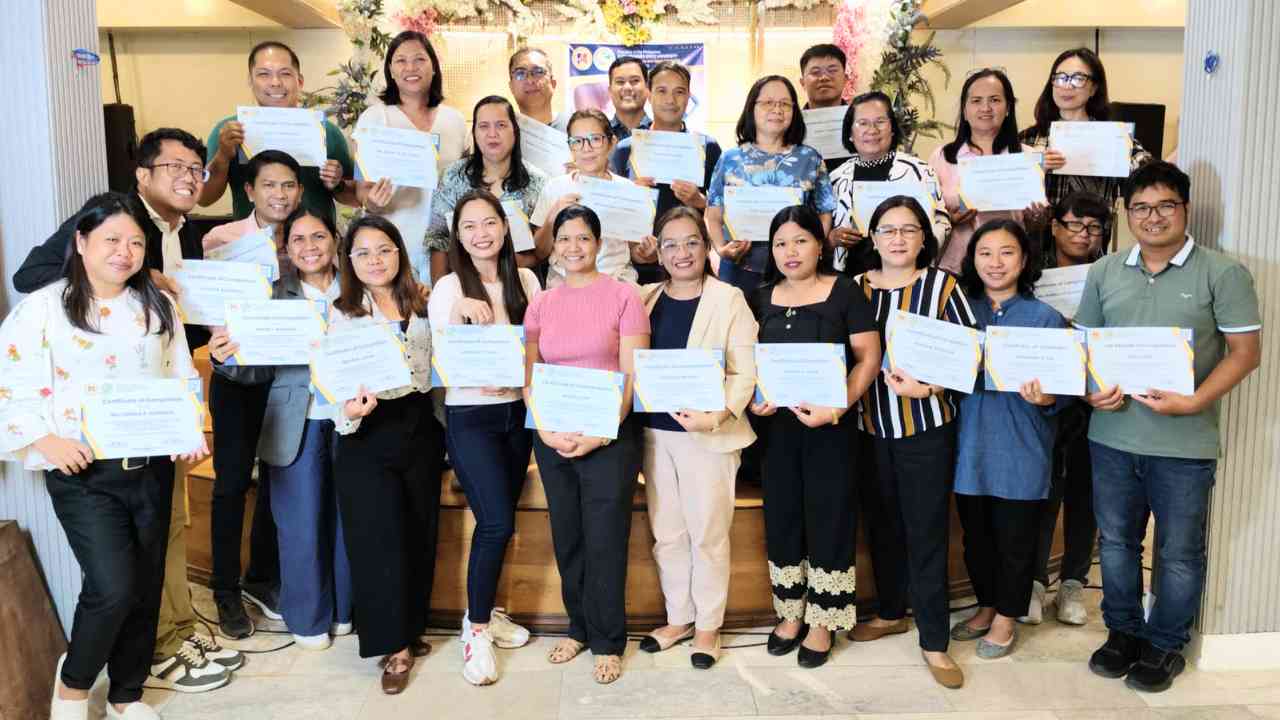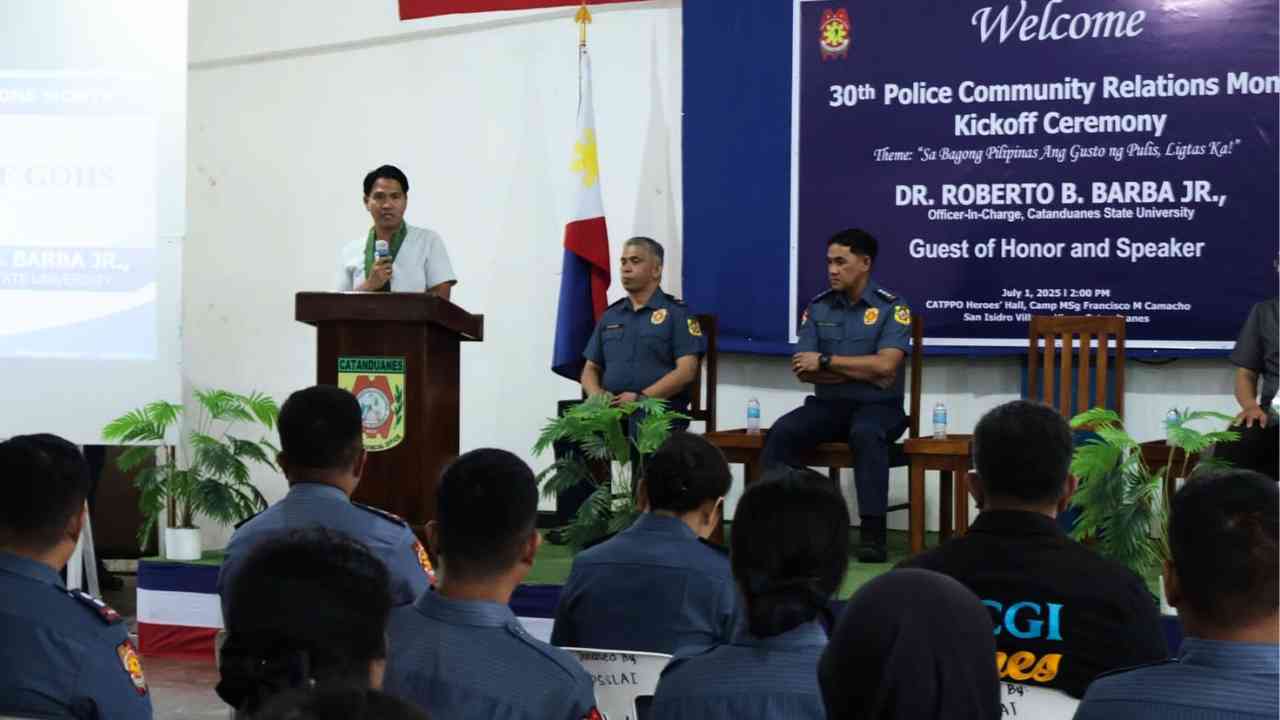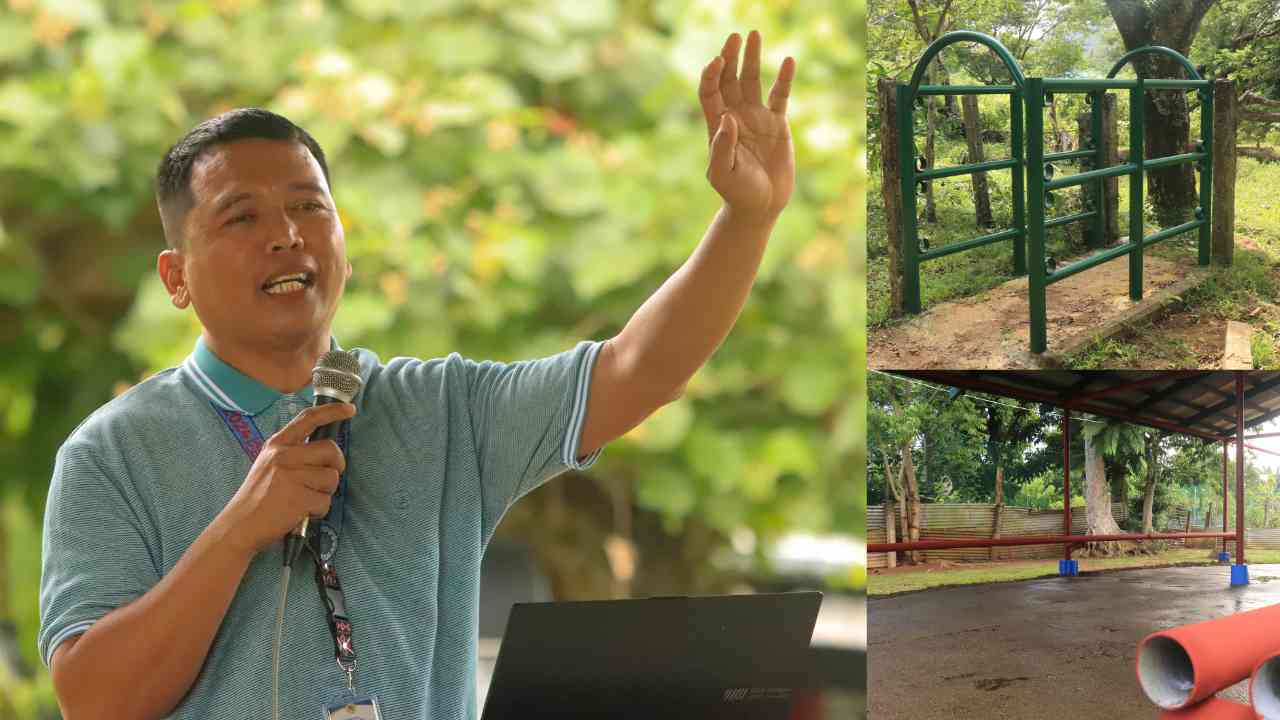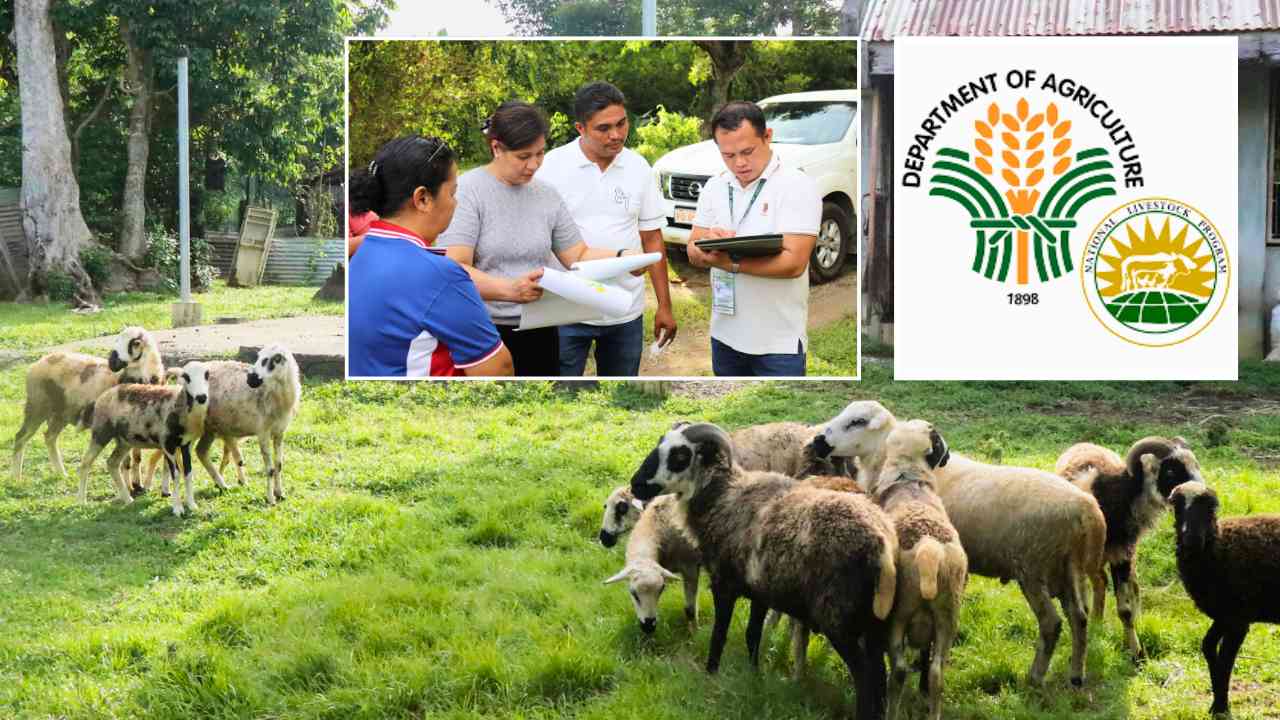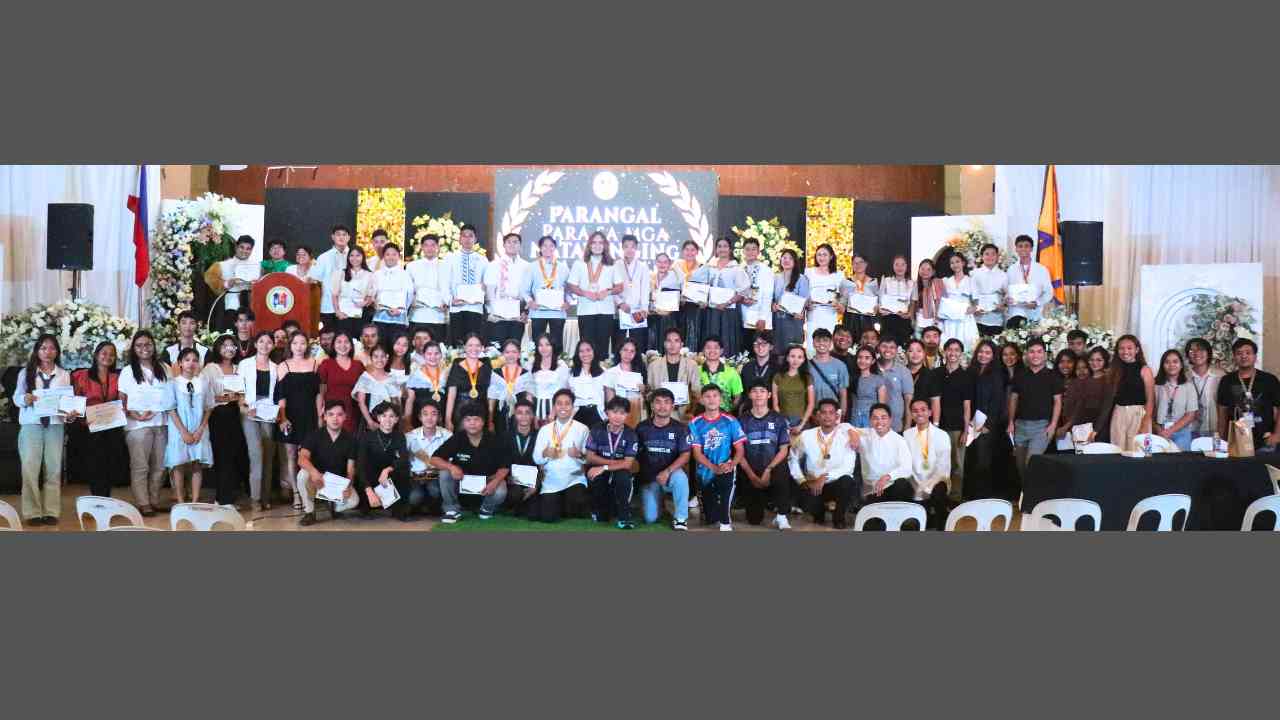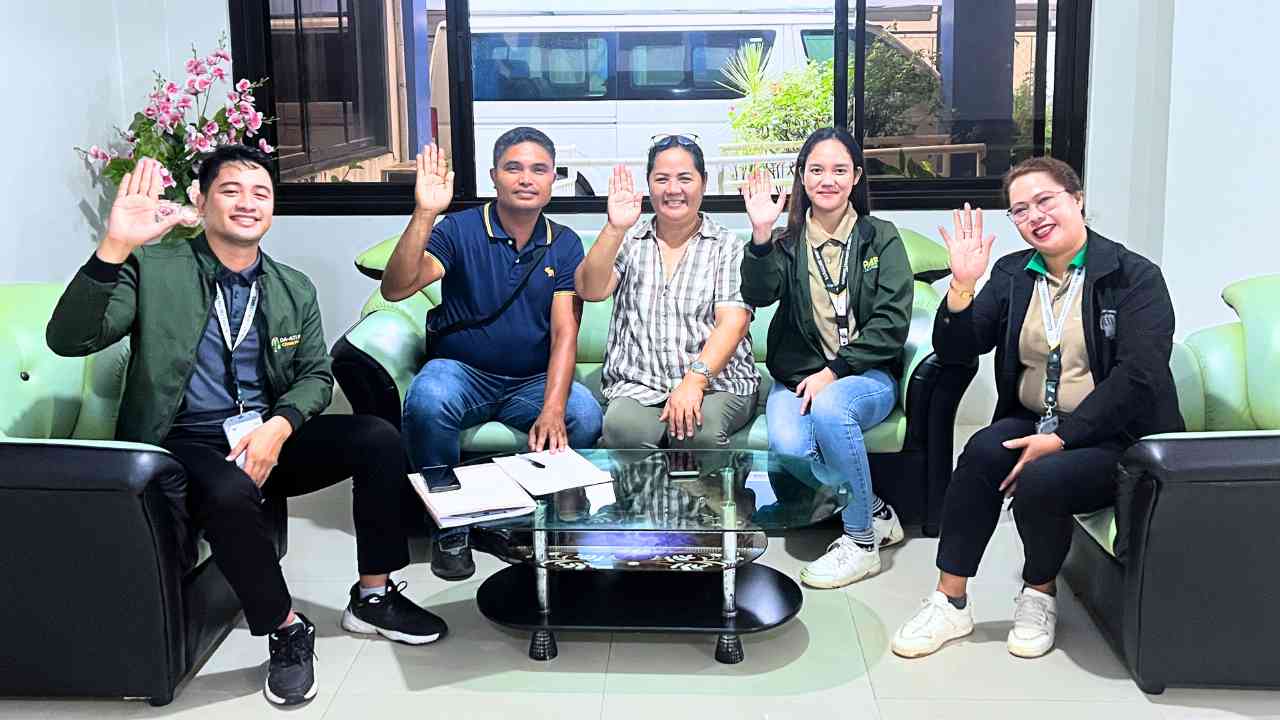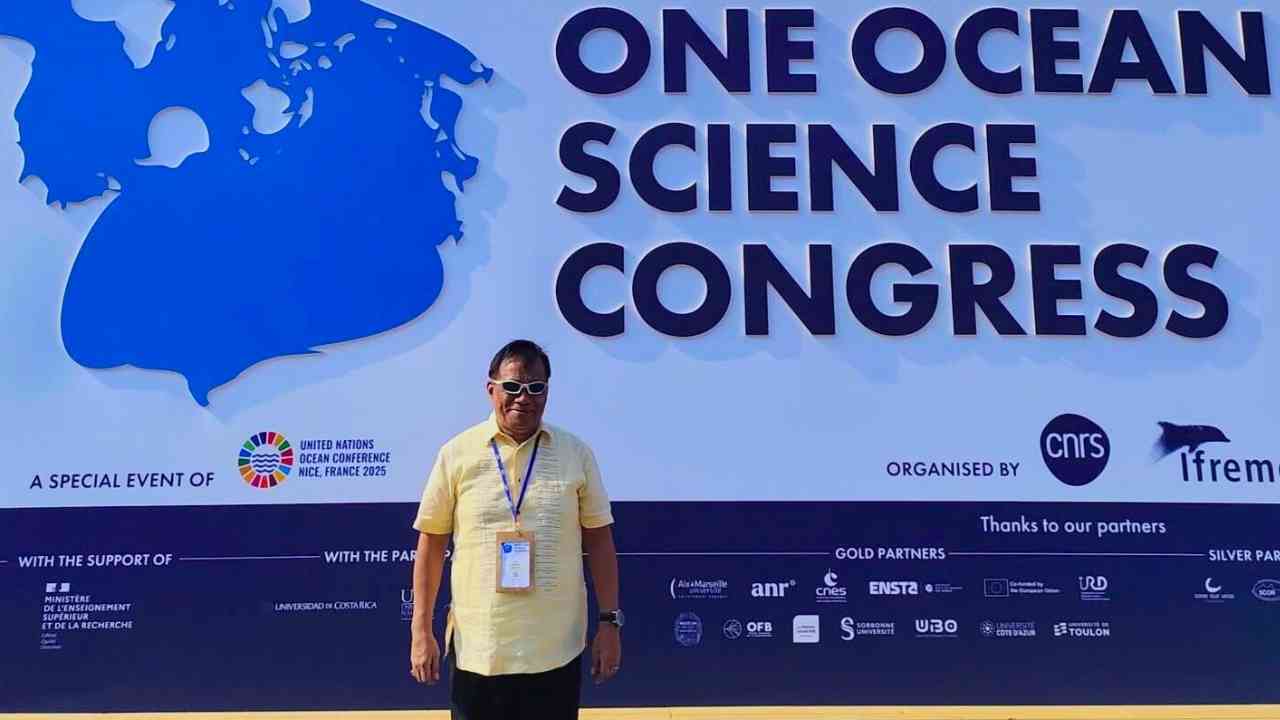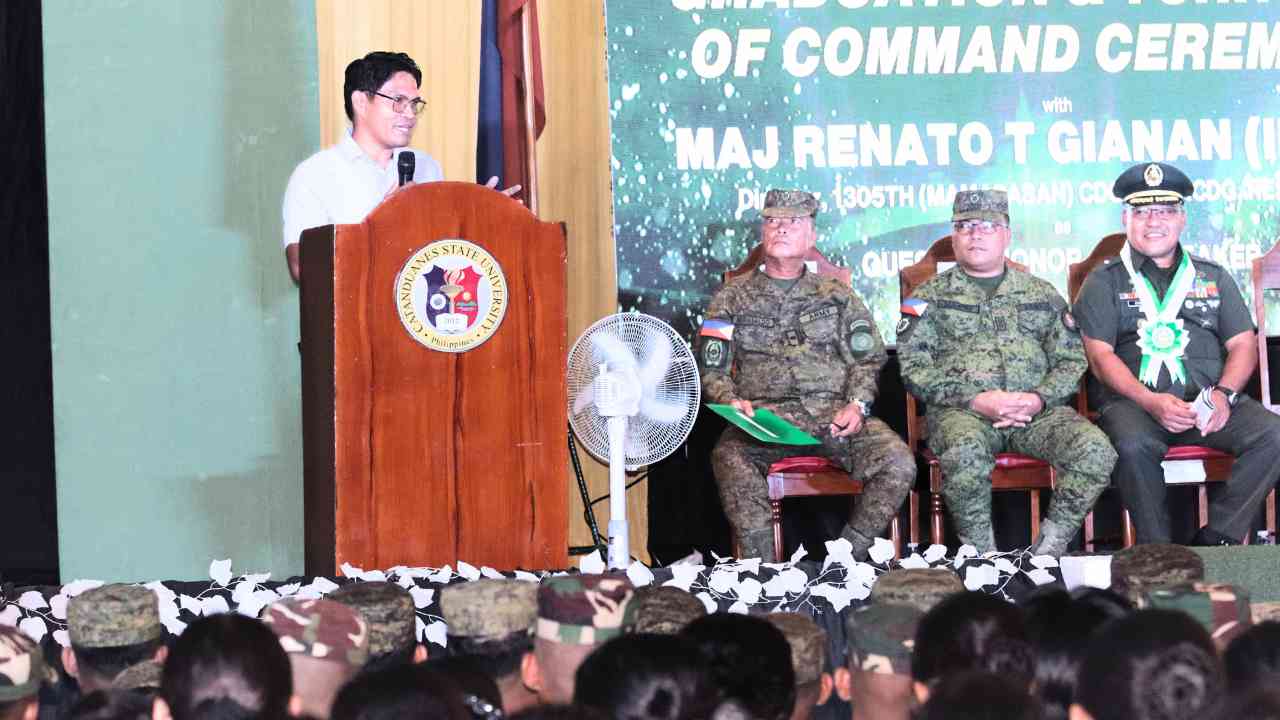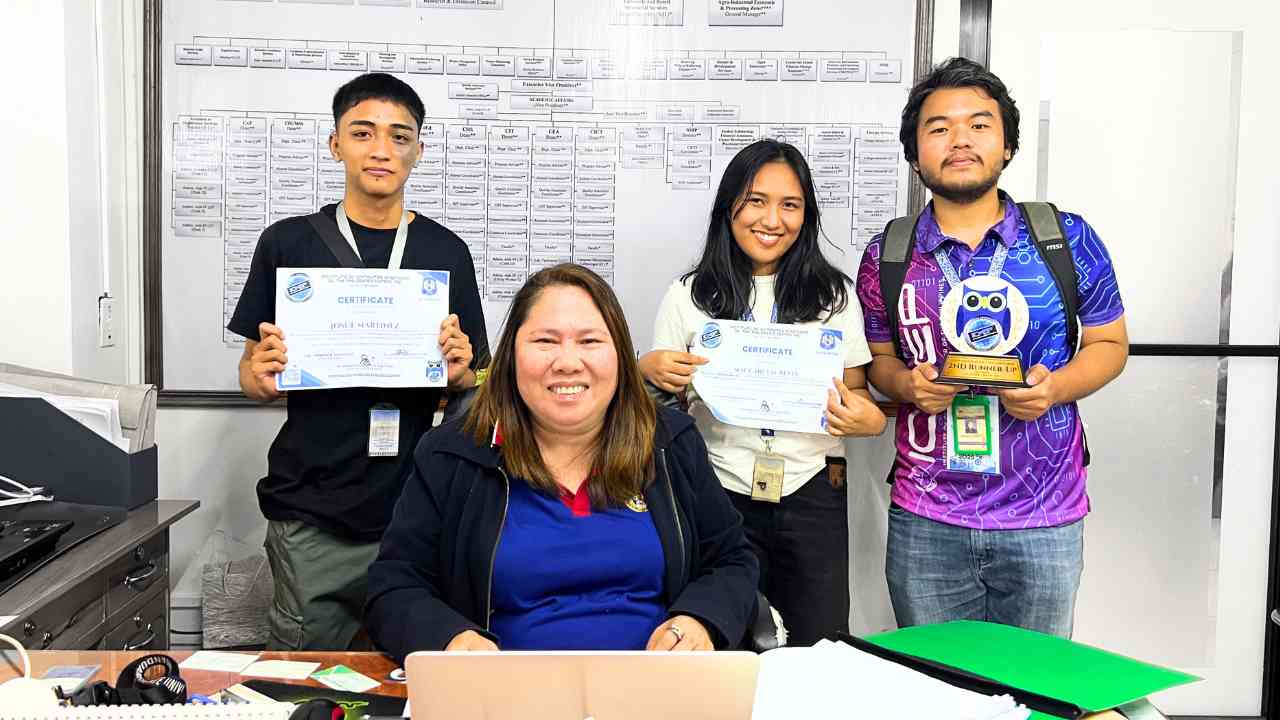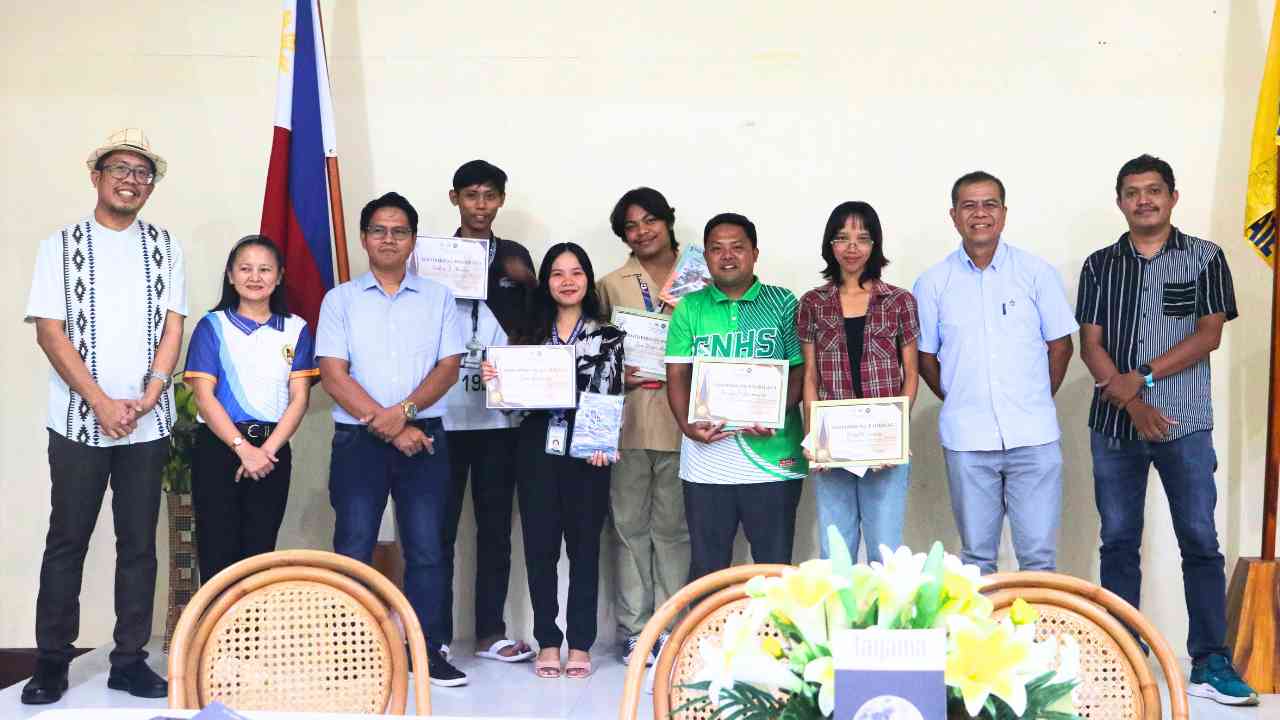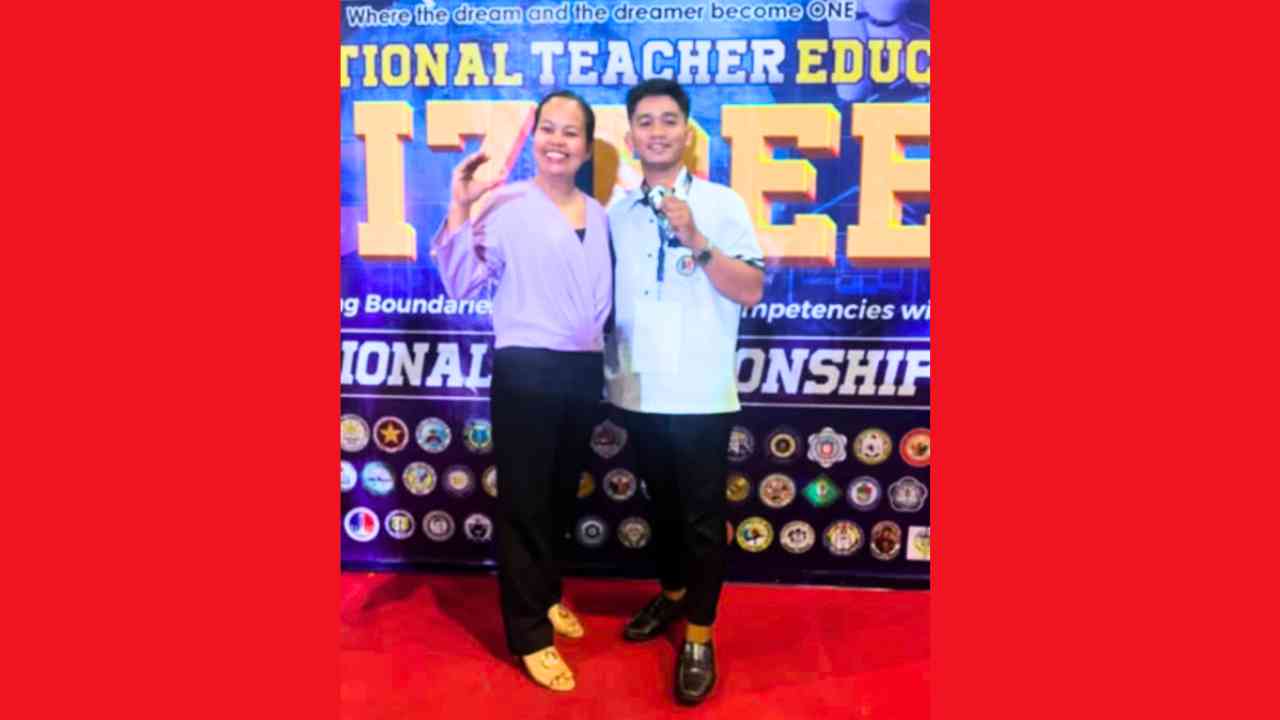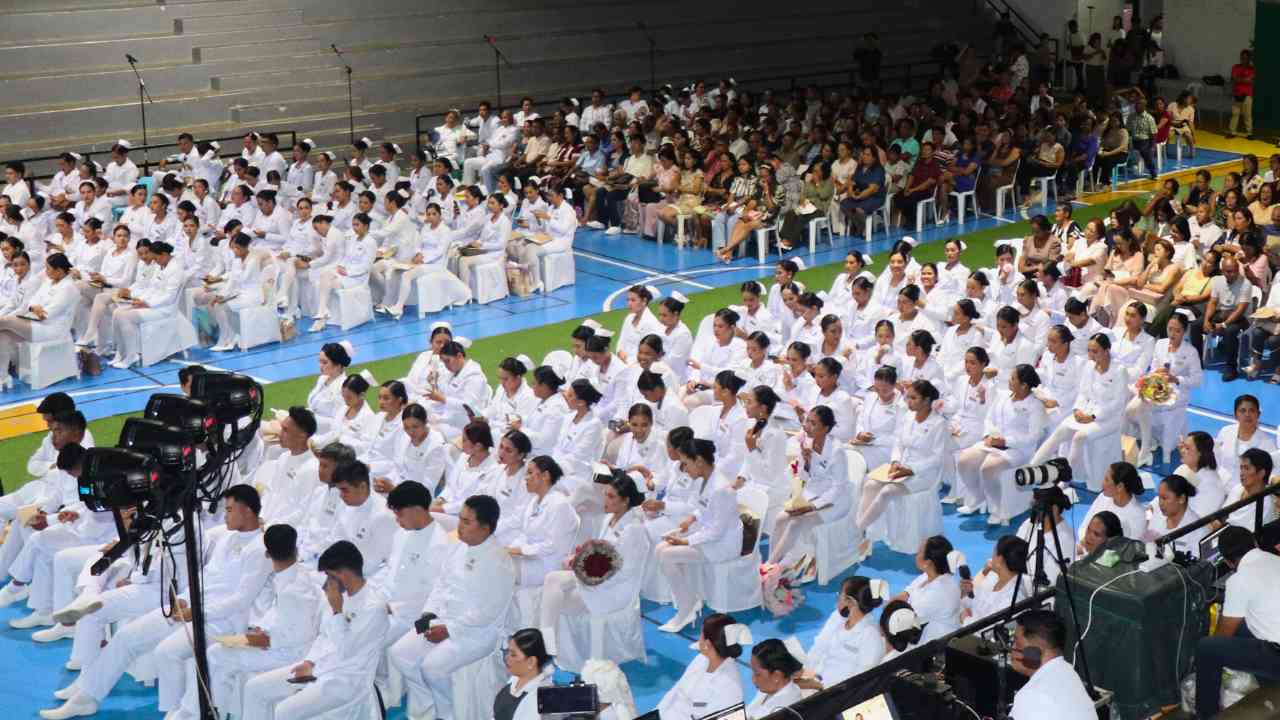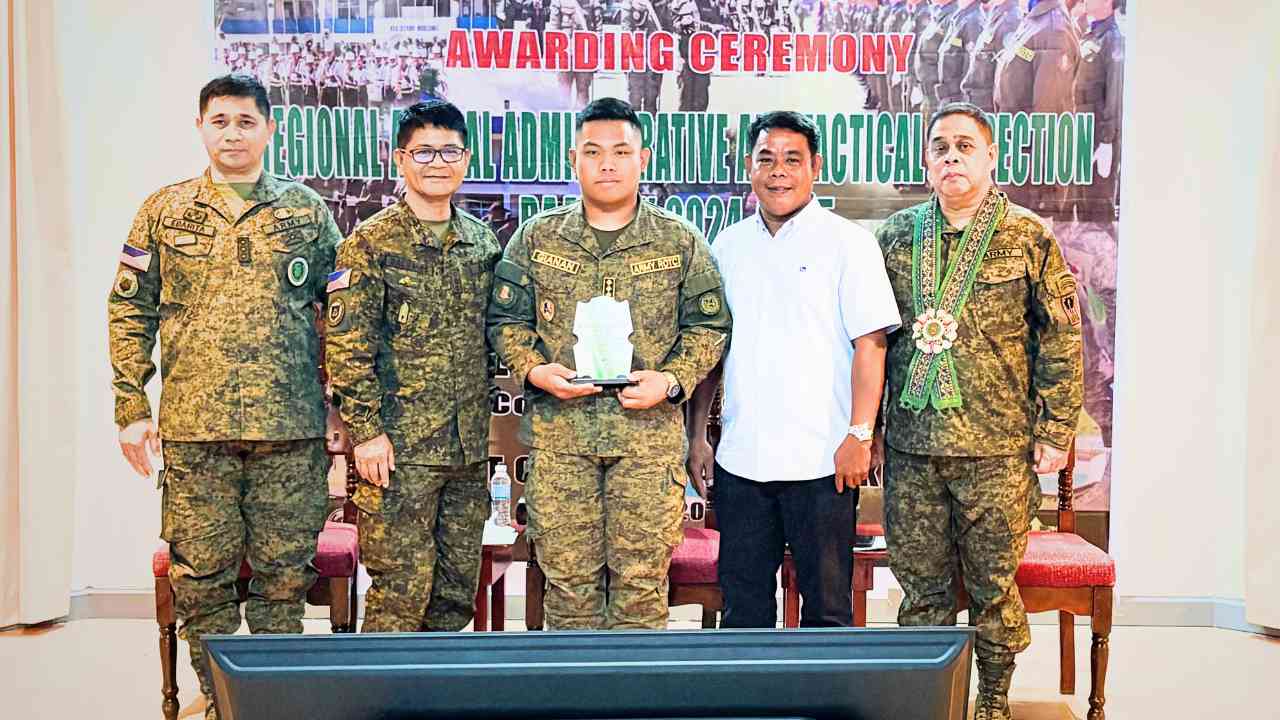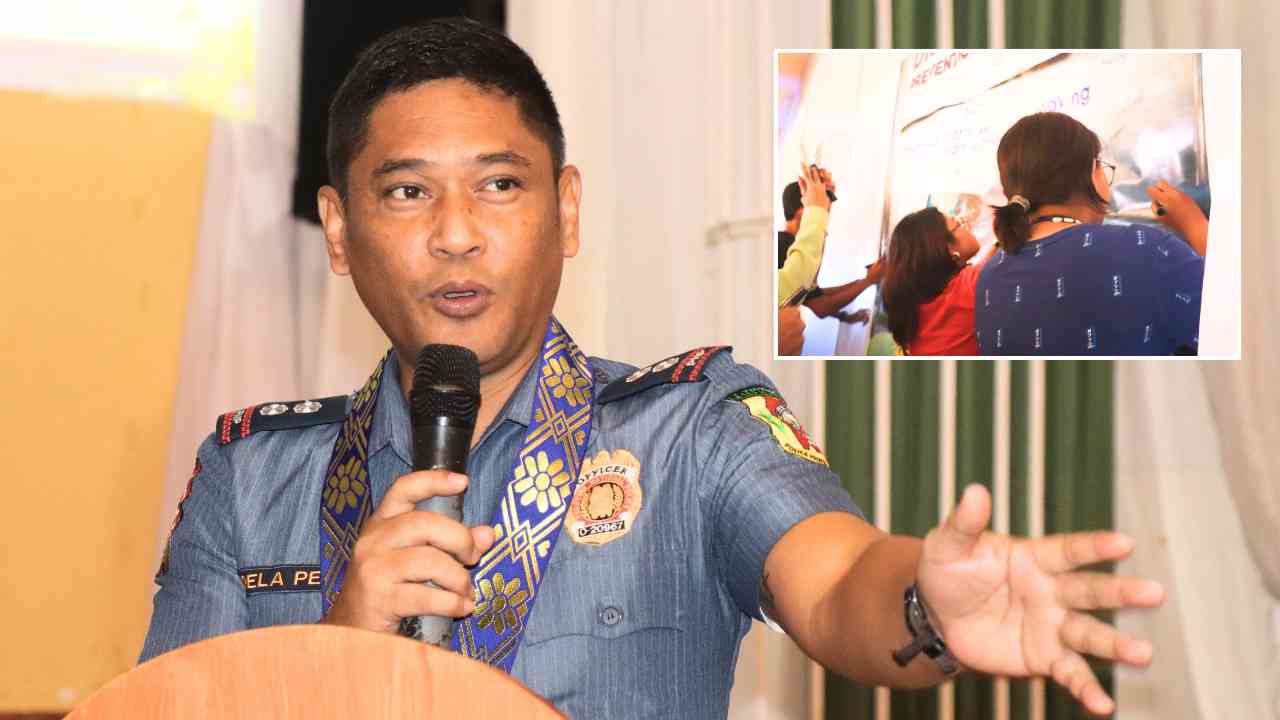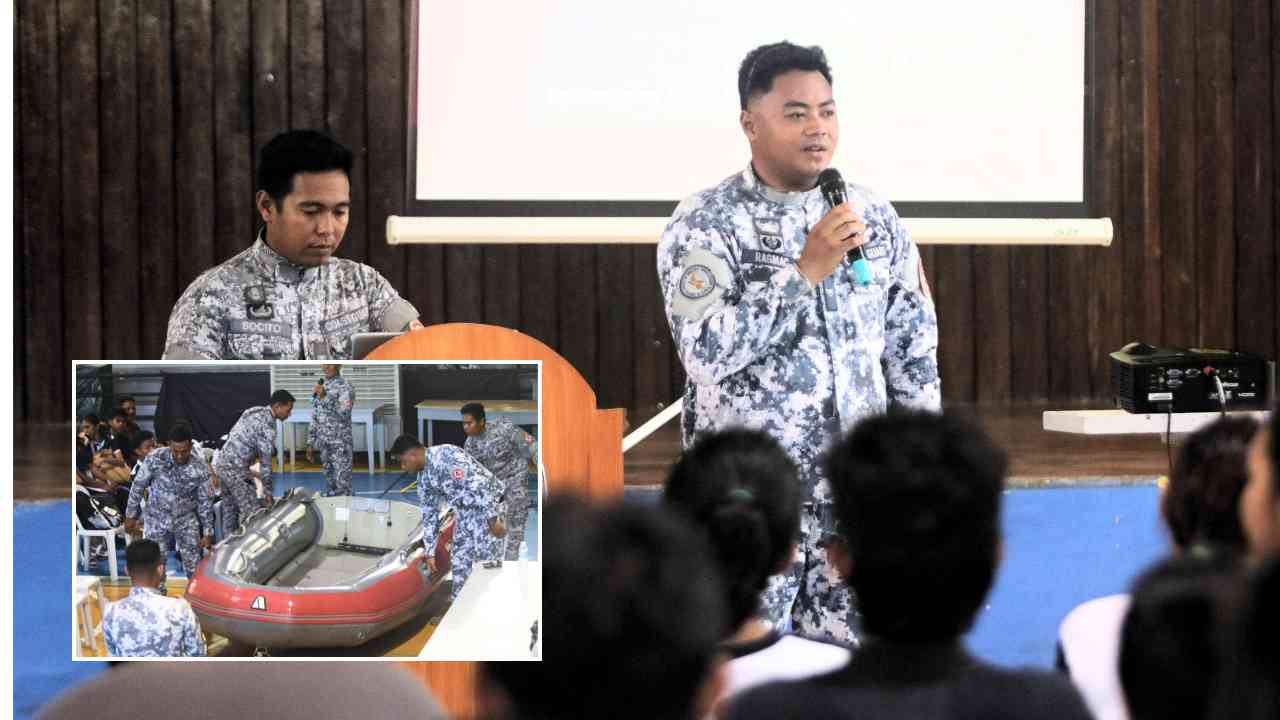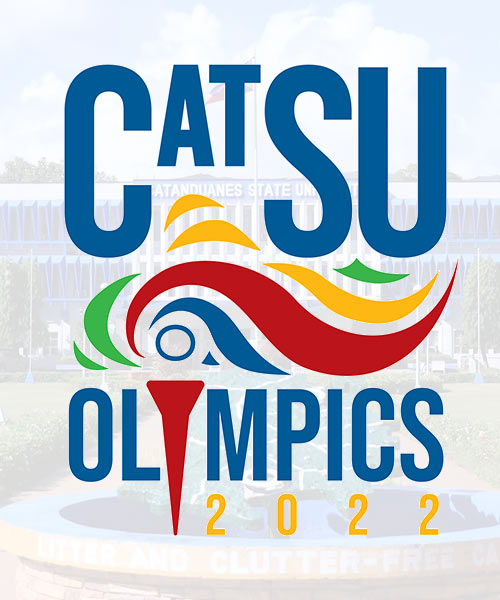Faculty training sets stage for smarter, flexible graduate learning
InternationalizationFlexible learning just got a major upgrade. Twenty-one graduate school faculty members have successfully completed a rigorous three-day echo training on Course Design for Open and Distance e-Learning (CD4ODeL), positioning the university to deliver smarter, more accessible instruction for graduate students. Held from June 9 to 11, 2025 at Twin Rock in Igang, Virac, the training was more than just an academic workshop—it was a blueprint for how graduate education can evolve to meet the demands of modern learners. “This is how we transform our modules,” said Dr. Gemma G. Acedo, Vice President for Academic Affairs, during her keynote address. “Our faculty and academic leaders are not just participating—they are leading the shift toward improved, future-ready instruction.” The training was initiated by the Graduate School, led by Dean Arthur I. Tabirara, in partnership with the Open University headed by Dr. Medie M. Lopez. It served as the university’s echo of the national CD4ODeL program facilitated earlier this year by the University of the Philippines Open University (UPOU). Before the training kicked off, the Research Committee conducted a university-wide survey to gauge the learning preferences of graduate students and faculty. The results, presented by Dr. Jose Tria, showed that over 50% preferred a blended learning setup—insight that directly shaped the course design and workshop outcomes. Throughout the workshop, participants engaged in five targeted sessions, all facilitated by university faculty members: Dr. Medie M. Lopez on digital learning frameworks and horizontal syllabus development Asst. Prof. Romeleen S. Go-Vela on crafting course and study guides Instructor Ferdinand M. Brizo on curating online resources Assoc. Prof. Moreno D. Tabios, Jr. on designing interactive learning activities Dr. Rosana S. Abundo on strategies for online assessment Faculty members were required to produce complete sets of course design outputs—aligned with outcome-based education and online pedagogy—which were reviewed during the program’s closing. Beyond technical skills, the training also signaled the university’s serious commitment to educational innovation. By investing in its own faculty, the institution is laying the groundwork for a more inclusive and adaptive academic environment—particularly crucial in island provinces where flexibility in education can bridge real-world access gaps.
